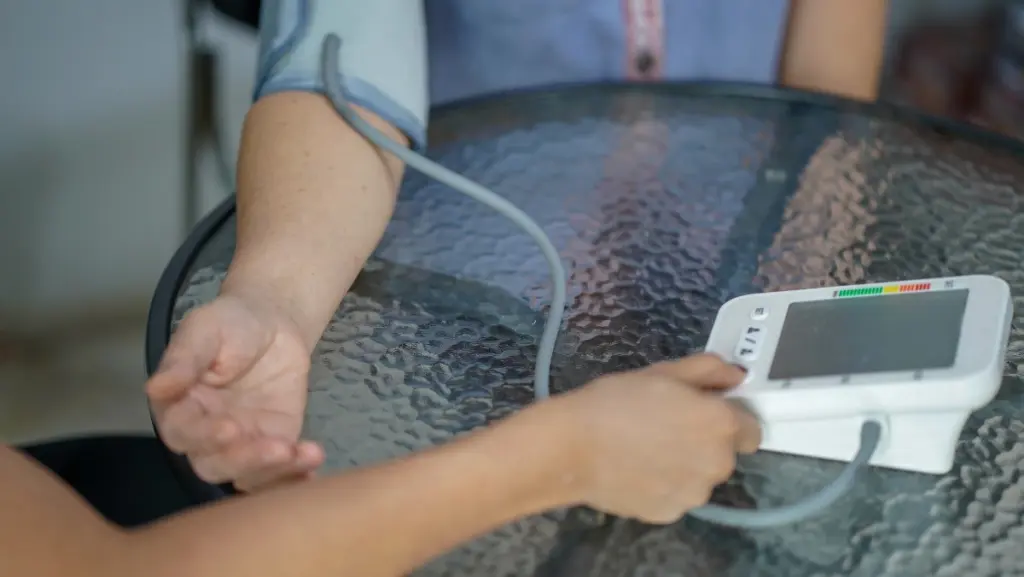
Safety Rate
Safety Rate
When your doctor recommends a Holter monitor test, it’s natural to feel unsure about what it means. Families often wonder if it’s complicated, uncomfortable, or risky. The reassuring truth is that this test is simple, safe, and extremely useful. In this guide, we’ll explain what a Holter monitor is, why it’s prescribed, how it works, and what patients can expect.
A Holter heart monitor is a small, portable device used to record the heart’s electrical activity continuously. Unlike a standard ECG that captures just a few seconds of rhythm, the Holter monitor test records every heartbeat over 24 to 48 hours—or sometimes longer.
The device consists of:
Because the monitor works while you go about your normal daily activities, the 24 hour Holter monitor often reveals heart rhythm issues that a clinic test might miss.
Your doctor may suggest a Holter monitor test if you:
By wearing a 24 hour Holter monitor, doctors can see how your heart behaves while you’re at rest, working, exercising, or sleeping. This provides a complete picture and helps ensure nothing important is missed.
The Holter monitor test is straightforward:
Because it works while you live your everyday life, the 24 hour Holter monitor is more reliable than a one-time ECG in diagnosing hidden heart conditions
The Holter monitor test is safe and non-invasive. There are no electrical shocks or harmful effects. The only minor issues may include:
Overall, these inconveniences are temporary and minimal compared to the valuable insights the Holter heart monitor provides.
Doctors recommend the Holter monitor test to:
By using the 24 hour Holter monitor, cardiologists can personalize treatment plans, ensuring patients get the right care at the right time.
Here’s what families should know:
Regarding affordability, the Holter monitor price varies depending on the hospital or diagnostic center. In India, it usually ranges from ₹2,000 to ₹5,000, making it accessible for most families compared to other advanced cardiac tests.
The Holter monitor test is one of the most reliable ways to detect hidden heart rhythm problems. It is painless, safe, and provides doctors with essential information that routine ECGs cannot capture. With tools like the Holter heart monitor, families can feel reassured that their loved one’s heart is being carefully assessed.
The 24 hour Holter monitor is both affordable and effective, with a reasonable Holter monitor price that makes it widely available. By understanding how the test works, patients and caregivers can approach it with confidence, knowing it’s a simple step toward protecting heart health and improving quality of life.
A Holter monitor test shows your heart’s rhythm over 24–48 hours, recording every beat as you go about daily life. It detects arrhythmias, skipped beats, rapid or slow rhythms, and patterns linked to dizziness or fainting. Unlike a short ECG, a 24 hour Holter monitor provides continuous data for accurate diagnosis and treatment planning.
A Holter heart monitor mainly detects rhythm problems, not blockages in the arteries. It can reveal irregular heartbeats or signs of reduced blood supply during activity, which may suggest underlying issues. However, to confirm heart blockages, doctors usually recommend tests like echocardiography, treadmill stress test, or angiography in addition to the Holter monitor test.
When using a Holter monitor test, patients should keep the device dry, avoid swimming or bathing, wear loose clothing, and continue normal daily activities. You’ll need to record symptoms such as dizziness or chest pain in a diary. Following these simple rules helps ensure the 24 hour Holter monitor captures accurate and useful results.
Our experienced anaesthesiologists are here to ensure your safety and comfort